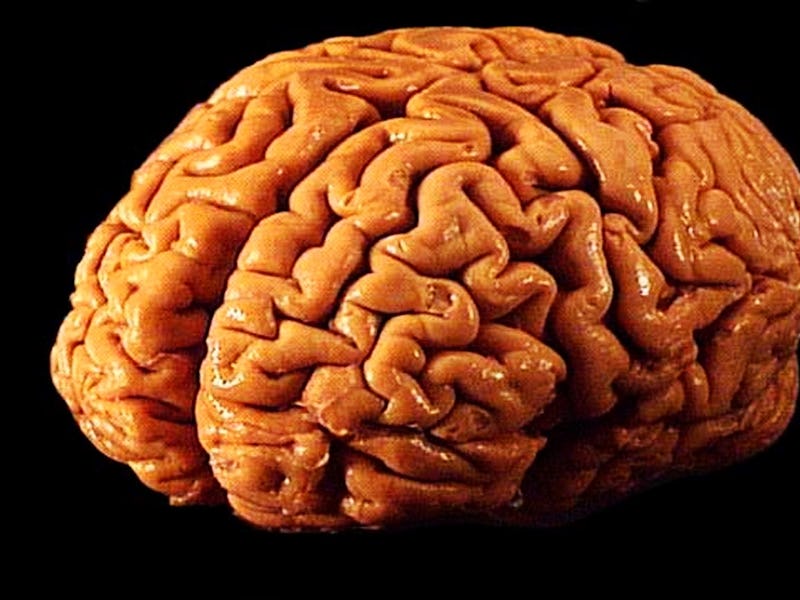Our Brains Record the Moment We Die
The determination is tied into what our genes are up to at any time of the day or night.

The human brain chemically reveals the time of death without fail, a number of researchers are concluding.
Researchers examining preserved brains found that all biological activity halts at the moment of death, which in turns marks the point of demise. The determination of time of death (TOD) is connected to what combination of proteins are present when genes cease production—and a mix found during the morning is different than what’s present at night.
Previous studies lend credibility to this possibility—one being a May 2013 paper published by Professor Jun Li, of the University of Michigan. Dr. Li and his team looked at 55 different preserved brains taken from people who died suddenly—whose TODs were known—and were also free from psychiatric and neurological disorders, had no problems with narcotics, and did not have close relatives with psychiatric disorders. Using a count of 100 genes whose active times are understood, Li and his researchers were able to determine the TOD for each specimen by noting which genes were at “peak time”—most active in relation to inactive genes—and when compared they “averaged the predicted TOD for each sample” as it was already logged by coroners.
An October 2015 led study by Colleen McClung, Ph.D., Associate Professor of Psychiatry at the University of Pittsburgh School of Medicine used a wider range of subjects, as in 146 brains. Already equipped with the recorded TODs for each, upon examination of “clock-regulated genes in [the] human prefrontal cortex” found that some genes behaved differently in subjects under 60 when compared to brains taken from subjects over 60. However, all genes still presented a “rhythmicity,” or gene behavior, that correlated to the time of day or night each specimen had passed.
The discovery that a TOD could be so easily determined by gene activity was not the main purpose behind the work of either Professor McClung or Dr. Li—as both were more focused on determining how the brain’s internal clock works—but being able to pinpoint the time of death by the activity of genes is also a way to show that our bodies and minds work on a set schedule we can’t willfully alter.